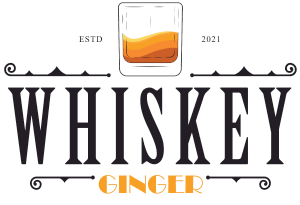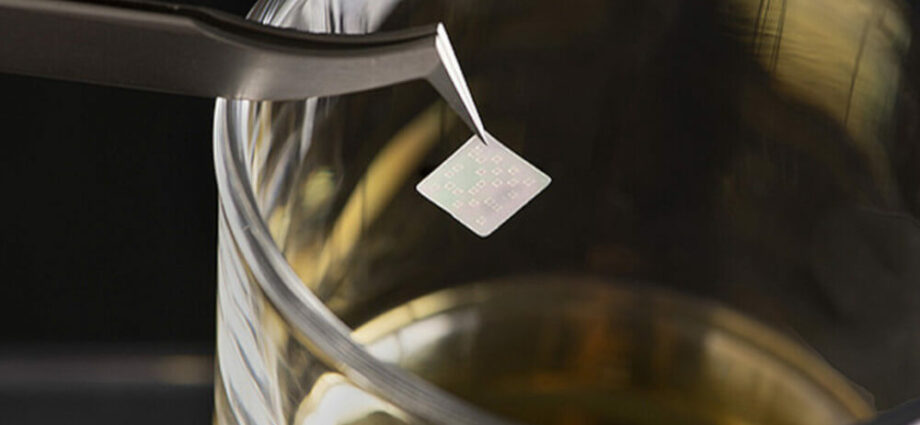Is whiskey aged in a laboratory? This is not a simple question to resolve directly. Different types of whiskey may or may not have been artificially aged. Artificially aged whiskies have a somewhat different flavor than naturally aged whiskies, hence the practice is not widely used nowadays. This article will describe the process of artificially aging whiskey, including its phases and the unique effects on whiskey’s flavor.
Can whiskey Be Aged in a Laboratory?
Traditional aging procedures have been used by humans to produce alcohol and whiskey for thousands of years. whiskey is expensive and time-consuming to produce because of its lengthy maturation process. Many distilleries around the world have been working on methods to artificially age whiskey for a shorter period without sacrificing the flavor that customers crave. Only now has this long-held hope been realized.
There are currently a wide variety of artificially aged whiskies available, even though there is still a long way to go before the industry is considered “normal.” These businesses are often quite pleased with their innovations and are working hard to increase demand for whiskey that has been artificially aged.
When Should Whiskey Be Aged?
whiskey that has been artificially aged is gaining in popularity, but it is still a rarity. Because of its superior flavour and position among alcoholic beverages, the vast majority of whiskey is still matured the traditional way.
Therefore, unless you actively seek it out, you are unlikely to come across a whiskey that has been artificially aged. Perhaps more whiskey will be aged in a controlled environment in the future. Until then, drams will be matured primarily in oak barrels using conventional techniques. whiskey that has been artificially aged already exists, however, it is not widely used.
What Sets Whiskey That Has Been Artificially Aged Apart From Regular Whiskey?
Our previous discussion addressed the query, “Is whiskey artificially aged?” and its frequency of occurrence. To begin with, we have not clarified exactly what “artificially aged” means. While this does indicate that the whiskey in question did not undergo extensive aging, it does not shed light on the process by which whiskey develops its characteristic flavor.
Common Ageing Mechanisms
This liquor is typically aged in oak barrels. The maturation process is not slowed by light, oxygen, or anything else because the barrels contain them. whiskey is the result of a lengthy aging process in oak barrels. whiskey’s aging time can range from three to sixteen years.
The time spent in the barrel transforms the whiskey’s flavor, making it easier to identify the specific dram you’re looking for. whiskey can’t be made without the aging process.
The whiskey’s flavor is significantly altered by the aging procedure. The flavour of whiskey is affected by both the type of barrel used and how it was treated. Because no two barrels share the same history, no two bottles of whiskey will ever taste exactly the same.
Mechanisms of Artificial Ageing
whiskey can be aged in a barrel or other container to mimic the flavor of a certain whiskey without having to wait the required number of years. The specifics of each procedure are determined by the method used to artificially age the beverage. Many methods have been tried to speed up the barrel-aging process, including the use of heat, wood splinters, and light.
How is whiskey Aged in a Reactor?
Several techniques exist today for making whiskey taste older than it is. Many bars and restaurants around the world are experimenting with and honing artificially aged whiskey.
Adding more light, heat, wood splinters, and sound are all methods that can be used to artificially age whiskey. Most of these methods speed up the process somewhat, but not nearly enough to prevent the dominance of whiskies that have been artificially aged. High-pressure carbon dioxide exposure is a common method for simulating whiskey’s natural aging process. Carbonic acid is generated when carbon dioxide dissolves in water, accelerating the production of esters in wood.
Does Artificial whiskey Count as Real whiskey?
There is some debate about whether or not whiskey that has been artificially aged may be considered “real” whiskey. In spite of advances in technology, traditional whiskey aging is a must, according to certain connoisseurs.
That whiskey must be matured for a certain period before it can be legally labeled as whiskey is shared by some governments and regulations. Whiskies made with chemical oak barrels are more commonly referred to as “whiskey spirits” in these regions.
Many, however, maintain that whiskey that has been artificially matured is, in fact, whiskey. For instance, companies who produce whiskey that has been artificially aged are frequently convinced that their product should be placed in the same category as whiskies that have been matured the traditional way.
Despite the general acceptance of whiskey that has been artificially matured, the discussion surrounding this particular issue has only heated up. It appears that the disputes will become more heated as more whiskies that have been artificially aged are released to the market.
Can whiskey Be Artificially Aged to Have the Same Flavour?
Most whiskies that have been artificially aged do not have the same flavor as their traditional counterparts. That’s not to suggest the beverage isn’t enjoyable to drink. What this means is that trained palates can distinguish between whiskies that have been artificially aged and those that have been aged the traditional way. Untrained eyes can confuse the two. Experts in the whiskey industry nevertheless praise various companies that artificially age their drinks, even though the distinction between traditional and artificial whiskies is clear to them.
Looking back at assessments of fake whiskey throughout time, it seems that the flavor of fake whiskey is getting more and closer to that of real whiskey as it ages. That gives us faith that the synthetic process can be perfected to the point where it tastes just like real whiskey.
Is There a Growing Demand for Artificially Aged Whiskey?
whiskey that has been artificially aged is gaining ground. If you look closely enough, you may tell that more and more whiskey brands are offering whiskey that has been artificially aged. In fact, there have been several recent patents issued for the technique behind artificially aged whiskey. However, it does not appear that whiskey that has been artificially aged will overtake traditional whiskey any time soon. With the current state of technology, whiskey just doesn’t taste the way consumers want it to.
The artificial technique may gain traction because of its speed and ease if and when it can produce whiskey with the same flavor profile as the real thing.
What Methods Are Used to Artificially Age Whiskey?
The majority of whiskey producers are open about the ageing process. Most whiskies that have been artificially aged will come straight out and explain the process. In contrast, it is common practice for whiskey producers to boast about how long their whiskey has been aged in oak barrels. Even if the whiskey’s age isn’t listed anywhere on the bottle, you ought to be able to find out by visiting the company’s website. There, you can observe the aging and distillation processes firsthand.
Can We Confirm That Whiskey is Artificially Aged?
To this day, it is safe to state that most whiskey is not, as the practice of fast maturation is still looked down upon. whiskey isn’t the most popular alcoholic beverage, even though more and more companies are coming up with creative ways to age it.
These whiskies may not have the same flavor profile as traditional whiskey, but they are undoubtedly more creative and original. Perhaps in the future, they will perfect the technique to the point where there is no discernible difference between whiskey that has been artificially aged and whiskey that has been aged the traditional way. For the time being, however, you should establish your judgment about whether or not whiskey that has been artificially aged is legitimate. So you may confidently respond to the question, “Is whiskey that has been artificially aged real whiskey?”

